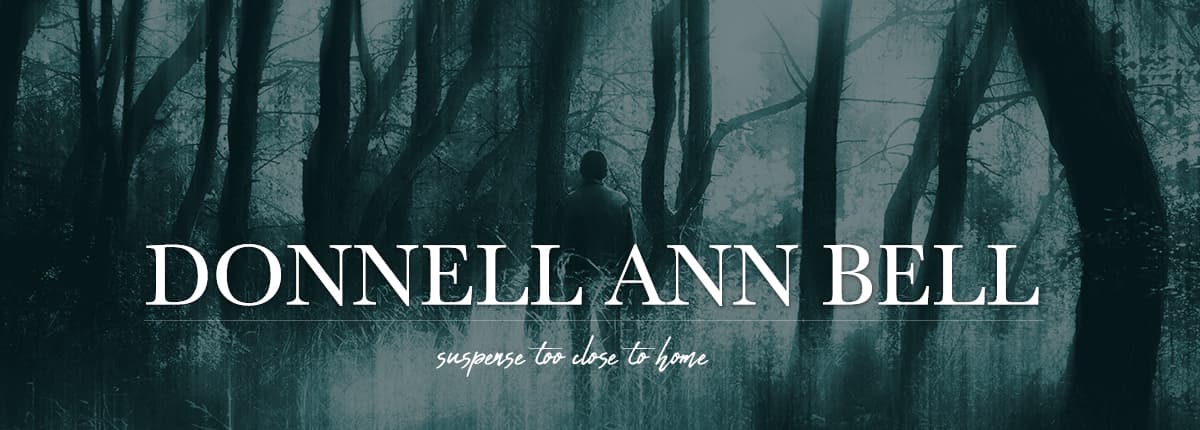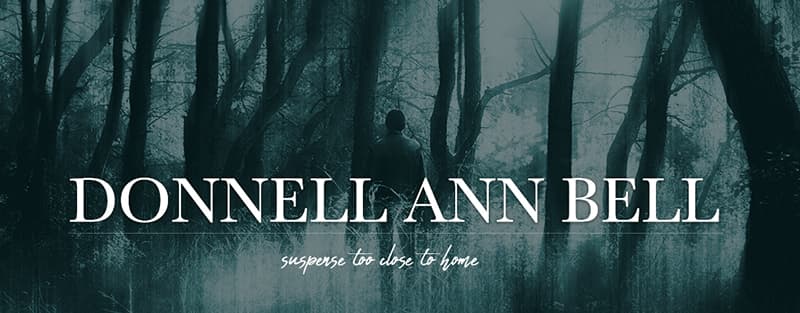 In December 2021 today’s guest joined us on HFMFF to talk about how jail made her a better crime writer. Here Today she’s back to enlighten us on an equally important, albeit tongue-in-cheek topic. Just what IS the Q Word? Please welcome Stacey Pearson and read on ~ Donnell
In December 2021 today’s guest joined us on HFMFF to talk about how jail made her a better crime writer. Here Today she’s back to enlighten us on an equally important, albeit tongue-in-cheek topic. Just what IS the Q Word? Please welcome Stacey Pearson and read on ~ Donnell
The Q Word
By: Stacey Pearson
No single word instills greater fear in police officers than the “Q” word.

Author Stacey Pearson
Mentions of a surprise command staff inspection? An imminent Cat 5 hurricane? A full moon? Not even close. The “Q” word is the one word that can set a squad room into a panicked frenzy, driving otherwise calm officers into mad races to find their lucky charms — four leaf clovers, a favorite ballistic vest, horseshoes, religious medals, talismans, and voodoo dolls. Anything to grant them St. Michael’s favor. Anything to shield them from the chaos they know is about to be unleashed.
Experienced officers know not to say the “Q” word.
But rookies?
Because non-believers (police trainers) refuse to acknowledge this well-established phenomenon, the issue is not covered in the academy alongside mandatory topics like the 4th amendment, handcuffing, and felony stops. Not long after graduation, unknowing rookies inevitability violate the unwritten code. They toss the “Q” word about with zero regard for the consequences like they wish for action, like they enjoy running from one crazy call to the next!
When a rookie utters the “Q” word, shift sergeants collapse into corners in the fetal position and detective sergeants blow into paper evidence bags to keep from fainting. Because they know.
All you current and former police officers are shaking your heads in agreement. Because you know.
Words close in meaning to the “Q” word can be almost as dangerous. For example, “I’m bored” guarantees excitement and “I hope we have a slow shift” guarantees a busy shift. Did someone say, “Under no circumstances can I work overtime tonight”? Yeah, they’ll be working some serious overtime duty.
But, it’s the “Q” word that’s the bullet shot from a gun. It cannot be pulled back. Once opened, the word’s bad luck portal cannot be closed until the lousy luck runs its course.
Only the “Q” word can set a calamitous crime wave in motion.
 Remember when the chronically depressed low-energy officer nicknamed Eeyore got into a low-speed foot pursuit with the old woman who’d stolen the chihuahua from the pet store? Remember when he inexplicably called for air support? And, the helicopter had to do a hard landing on the high school’s football field to avoid a flock of Canadian geese, causing thousands of dollars of damage?
Remember when the chronically depressed low-energy officer nicknamed Eeyore got into a low-speed foot pursuit with the old woman who’d stolen the chihuahua from the pet store? Remember when he inexplicably called for air support? And, the helicopter had to do a hard landing on the high school’s football field to avoid a flock of Canadian geese, causing thousands of dollars of damage?
All that zaniness happened because — you guessed it — some careless, unthinking rookie said, “Sure has been quiet lately.”
Uh oh . . . .
About the Author: Stacey Pearson is a former law enforcement professional with extensive experience in complex missing, abducted, and exploited children investigations. In 2019, after a distinguished 20-year career, she retired as a sergeant from the Louisiana State Police, where she managed the Louisiana Clearinghouse for Missing and Exploited Children and the Louisiana AMBER Alert Program.
Stacey is currently pursuing her doctorate in law and policy at Northeastern University in Boston and lends her expertise and technical advice to authors, novelists, and television and film producers. A lifetime avid reader, Stacey tired of academic and technical writing, so she decided to try her hand at crime fiction under her pen name, Pearson O’Meara. In 2021, her first flash fiction, Savage Beads, was published in Shotgun Honey, and her first short story, Little Green Flowers, made it to the final round of the New England Crime Bake Al Blanchard Award competition. In 2022, her short stories, The LadySmith and Routine Traffic Stop, were published in “To Serve, Protect, and Write” and “The Tattered Blue Line,” respectively. Both publications are anthologies of police writers’ crime fiction stories. In addition to her doctoral dissertation, Stacey is working on her first novel. You can follow her on Twitter at @capableguardian and @pearsonomeara.











Stacey, I think police officers have to be prepared for anything. To go from the mundane to deadly situation literally at the sound of a dispatch. I imagine the Q word is much needed when those latter situations occur. But I don’t think that’s something you want taught in the academy, right :)? Thanks for joining me today!
Cute post!
Absolutely, the Q-Word always wreaks havoc. Great explanation.
Oh, it’s Q for Quiet, eh? I was wondering. Yeah, you never want to comment on that. It’s a beckoning to Murphy to bring on the bad luck.
Yes, Michael, I was reading along wondering the same thing and a big smile came to my face 🙂 Thanks, Stacey!
I loved this post. Keep up the great work Stacey and Donnell. Stacey provided me with kidnapped baby information for the thriller I was writing last summer.
Thanks Kathy!
Exactly the same phenomenon in the hospital. Don’t ever say the Q word.
Ahh, I loved the police reactions. Envisioning the shift sergeants cowering in fetal positions made me smile. I’ll be careful what I say. LOL
OK. A little overwrought but I get it. I didn’t like those nights with nothing happening, because they never ended. And I had to finish procesing all that stuff in he evidence office.